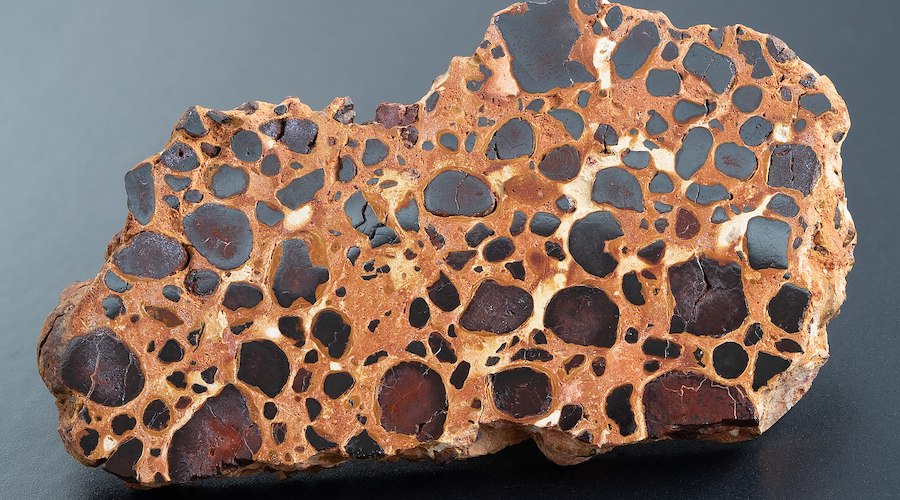
The interim government of Guinea, the world’s second-largest bauxite producer, on Friday asked international mining companies to present plans to refine their bauxite production into alumina within the country by May 2022.
Africa’s biggest producer of the aluminium ore has been seeking to channel its mineral wealth into economic development, pressuring companies in recent years to commit to building local facilities that will refine bauxite into higher value alumina.
A junta that took power in a military coup in September has toughened the stance towards multinationals, ordering the suspension of all activities at a massive iron ore deposit last month to clarify how Guinea’s interests would be preserved.
The companies concerned by the alumina ultimatum, including Guinea’s top two bauxite producers Societe Miniere de Boke (SMB) and Compagnie des Bauxite de Guinee (CBG), had all previously committed to developing local refineries, the interim government said.
“The respect of basic agreements remains a non-negotiable for us,” junta leader Mamady Doumbouya said during a hearing with company representatives broadcast on state television late on Friday.
“You and I can no longer continue this fool’s game that perpetuates great inequality in our relations,” he added.
The companies were asked to submit project proposals and a “precise timetable” for the construction of alumina refineries to the mines ministry by the end of May.
“Penalties” will ensue if the deadline is ignored, Doumbouya said without providing further detail.
SMB is owned by a consortium including Singapore shipping company Winning International Group, Shandong Weiqiao – a subsidiary of the world’s top private sector aluminium producer China Hongqiao – and Guinea’s UMS International.
CBG is 51%-owned by consortium Halco Mining Inc and 49%-owned by the Guinean government. Rio Tinto and Alcoa Corp each hold 45% of Halco, while Dadco Investments holds the rest.
The companies did not immediately respond to Reuters requests for comment outside regular business hours.
(By Saliou Samb and Sofia Christensen; Editing by Sandra Maler)
Comments